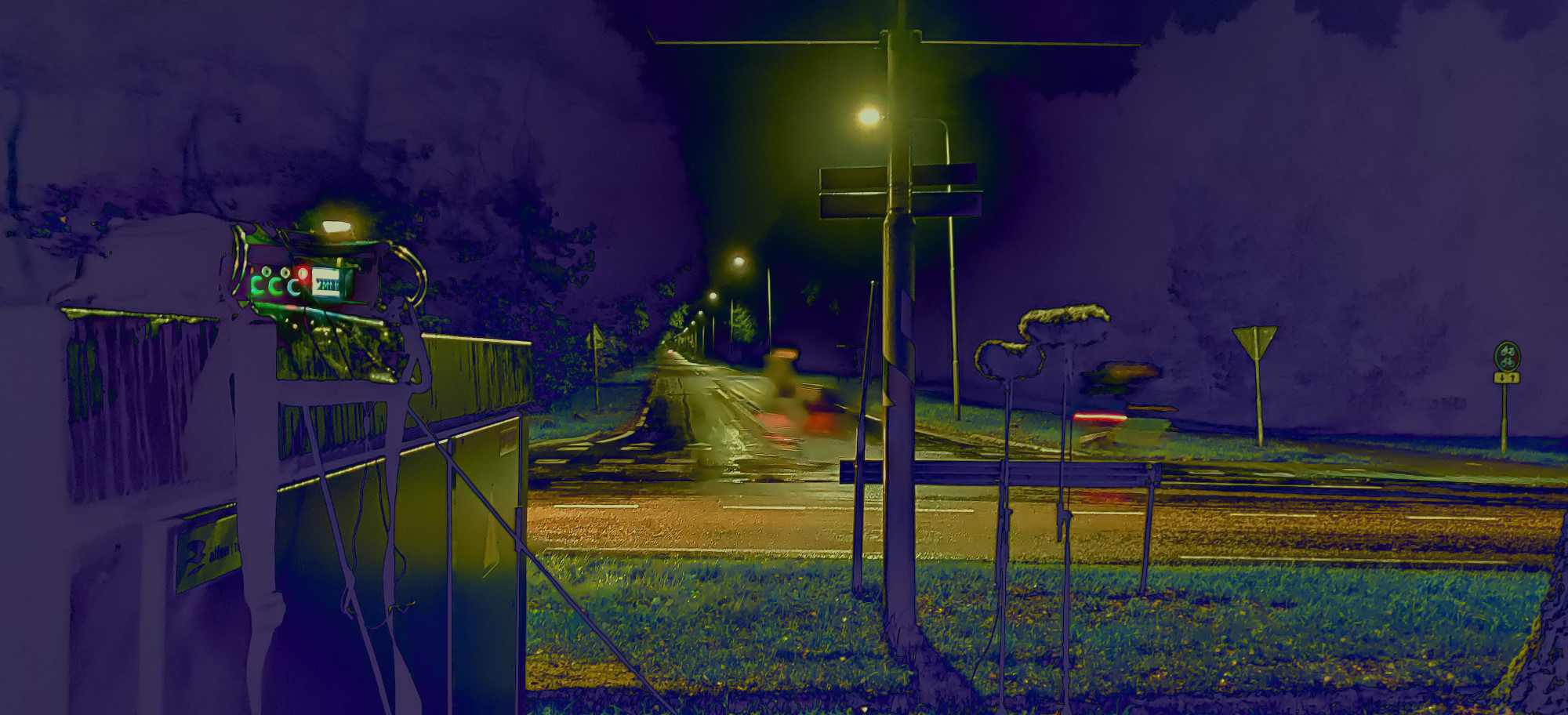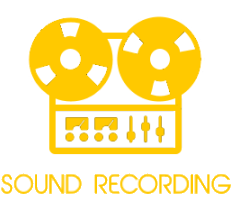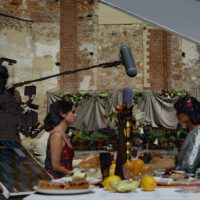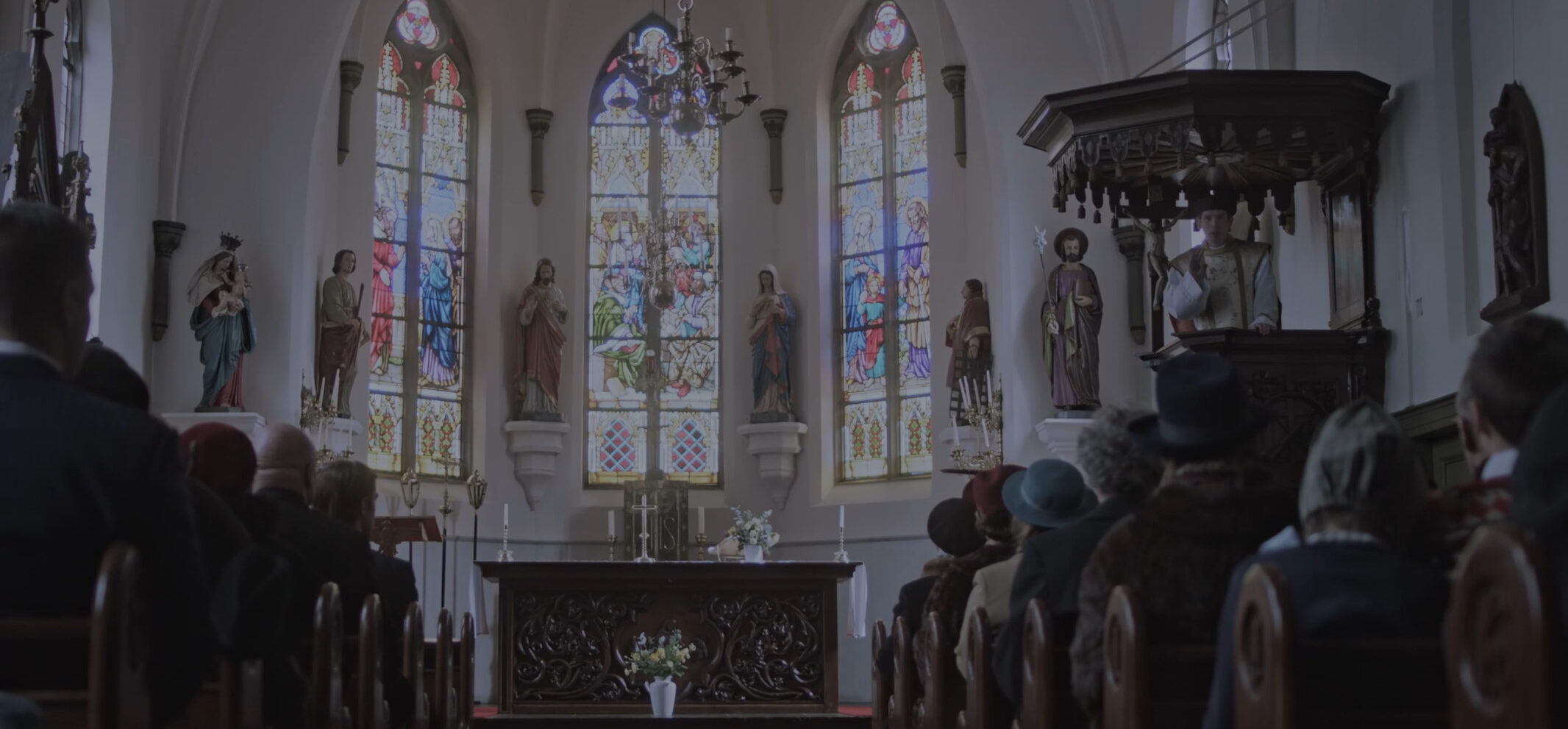Capturing sound ranging from the most delicate pin-drop to rockets taking off is an art in which knowledge, skill and talent come together to produce pristine material.
Sound is a fragile and time sensitive medium - be too late and sound has passed. Screw up your gain or pick the wrong gear and what you capture will be distorted. Or, is that exactly what you need? Reality itself is our soundstage and provides unique opportunities for any medium that propagates sound waves to be captured.

The source and location we will record at will greatly determine our baseline opportunities for experimentation and capturing the sound of that source. Be it instrument, vocal, digital or mechanical in nature - there are basic environmental and logistical factors to consider such as weather, traffic and ease of access.

Another consideration is how many sources are we going to have to record at one time and how many microphones can or must be used to achieve this? But there are many other concerns that go into maximising the potential of a recording session.
For instance, recording outdoors provides me with opportunties with regards to capturing weather, unique wildlife, cultural phenomena, radio and other electro-magnetic signals and interference.
Are we recording outside in a busy metropolis with a lot of noise from traffic, people and planes flying over or at a local market? Is there slapback echo from buildings? Can we capture the oldest tram in the world that comes by every 2 minutes for flavor, or perhaps that call to prayer?
In another instance we might be recording out in nature. On top of a mountain. Near a large waterfall. Out in the desert or at sea. In a jungle or a lush forest where we can hide microphones in trees and bushes or other structures - far away from civilisation, in stormy or calm weather.
Do we need to leave equipment running unattended for recording wildlife in a documentary film? Can local wildlife interfere with this equipment? Is the area humid or arid? Can and will weather conditions suddenly change?
"A studio or soundstage is in itself a finely tuned instrument which when played by the right hands can produce a beautyfully honest recording that will not only capture the source but also the atmosphere, the character of a sound and the love with which the instrument is played."
Recording indoors can offer splendid creative gold to mine as well. I can maybe stick a microphone in a weird nook and get some fantastic reverb or slap. Will we record in a soundproof space? A purpose built set or at someone's house? A garage, a busy office or a religious space? Are there a lot of reflections in the room and can they be used as an effect or perhaps even capture a direct source naturally filtered from unwanted noise. Is the room reverberant or quite dry?


A studio or soundstage is in itself a finely tuned instrument which when played by the right hands can produce a beautyfully honest recording that will not only capture the source but also the atmosphere, the character of a sound and the love with which it is played. A set of relatively cheap microphones and a makeshift studio in a caravan can turn into wonderful sonic art. Having is a solid understanding of physics, electronics and the know-how to combine that with a tried and tested toolkit is what produces great sounding recordings. It's not the gear, it's the engineer.
A bad recording can not be fixed. In the same way you can't fix a cake. You can spruce it up and make it go down better but is that really fixing it, or a stopgap until it can be redone? Perhaps it can't be redone due to overwhelming circumstances. That's one of the many reasons why you need someone you can trust to perform when it's comes time to press that record button.